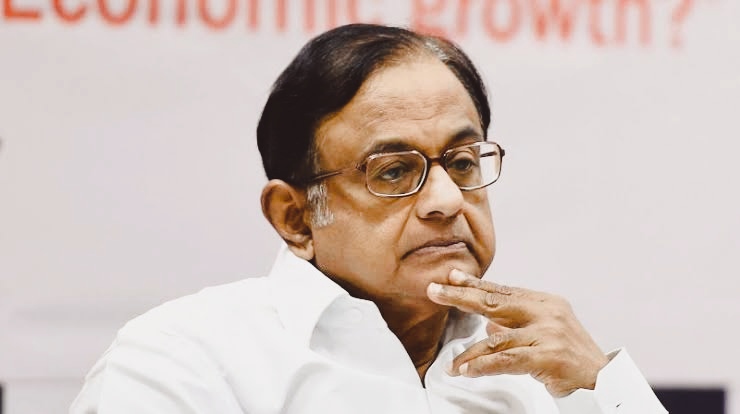The Satluj-Yamuna Link (SYL) canal dispute is one of the longest-running water disputes in India, dating back to the reorganization of Punjab in 1966. The dispute revolves around the sharing of water from the Sutlej and Yamuna rivers between the states of Punjab and Haryana.
In 1981, the three states of Punjab, Haryana, and Rajasthan reached an agreement on the sharing of the Ravi-Beas waters. This agreement was ratified by Parliament in 1986. The SYL canal was to be built as part of this agreement to carry the surplus waters of the Sutlej river to the Yamuna river basin in Haryana.
However, the construction of the canal was met with stiff resistance from Punjab. The Akali Dal, the ruling party in Punjab at the time, argued that the state did not have any surplus water to share with Haryana. The Akali Dal also argued that the SYL canal would ruin the state’s environment and economy.
In 1986, the Supreme Court ordered the Punjab government to complete the construction of the SYL canal within a year. However, the Punjab government refused to comply with the order. In 1990, the Supreme Court ordered the Central government to take over the construction of the canal. However, the Central government was unable to make any progress on the canal due to the continued opposition from the Punjab government.
In 2002, the Supreme Court ordered the Punjab government to complete the construction of the SYL canal within four years. However, the Punjab government again refused to comply with the order. In 2004, the Punjab government passed a law terminating the 1981 agreement on the sharing of Ravi-Beas waters.
The SYL canal dispute has had a significant impact on the politics of Punjab and Haryana. In Punjab, the Akali Dal has used the dispute to mobilize support against the Central government and the Bharatiya Janata Party (BJP). In Haryana, the BJP has used the dispute to mobilize support against the Akali Dal and the Congress party.
The SYL canal dispute is likely to be a major issue in the upcoming assembly elections in Punjab and Haryana. The Akali Dal and the Congress party are likely to oppose the construction of the canal, while the BJP is likely to support it. The outcome of the elections will have a significant impact on the future of the SYL canal dispute.
Editorial
The SYL canal dispute is a complex and long-standing issue that has no easy solution. Both Punjab and Haryana have valid concerns about the dispute. Punjab is concerned that the SYL canal will deprive the state of water that it needs for its own agriculture and development. Haryana is concerned that it does not have enough water to meet its own needs, and that the SYL canal is essential for its economic development.
The Central government has a responsibility to find a solution to the SYL canal dispute that is fair to both states. The Central government should also ensure that the solution is implemented, even if it faces opposition from either state.
The SYL canal dispute is also a reminder of the importance of water management in India. India is a water-stressed country, and it is important to manage water resources carefully. The Central government should work with the states to develop a comprehensive water management plan that ensures that all states have access to the water they need.





